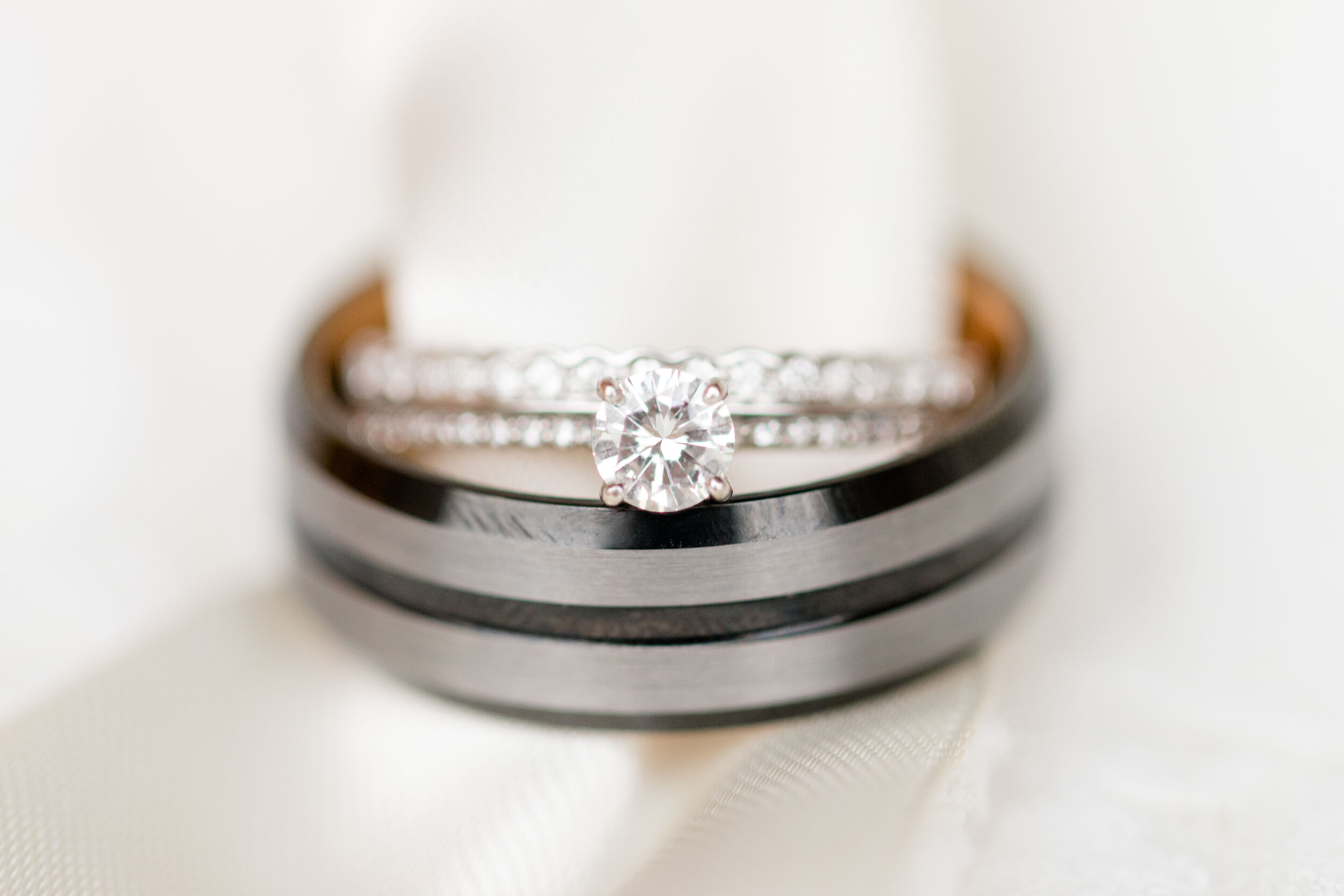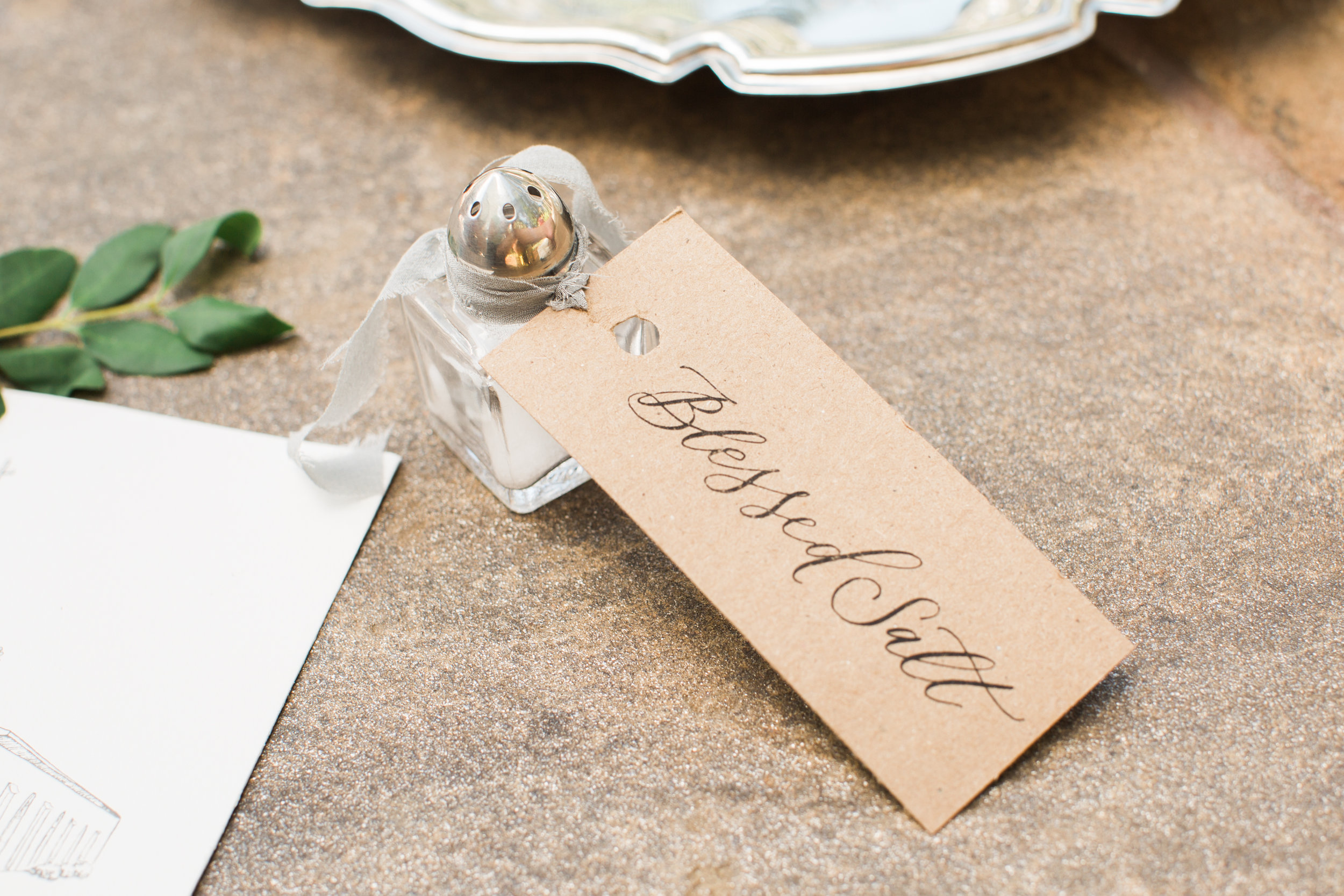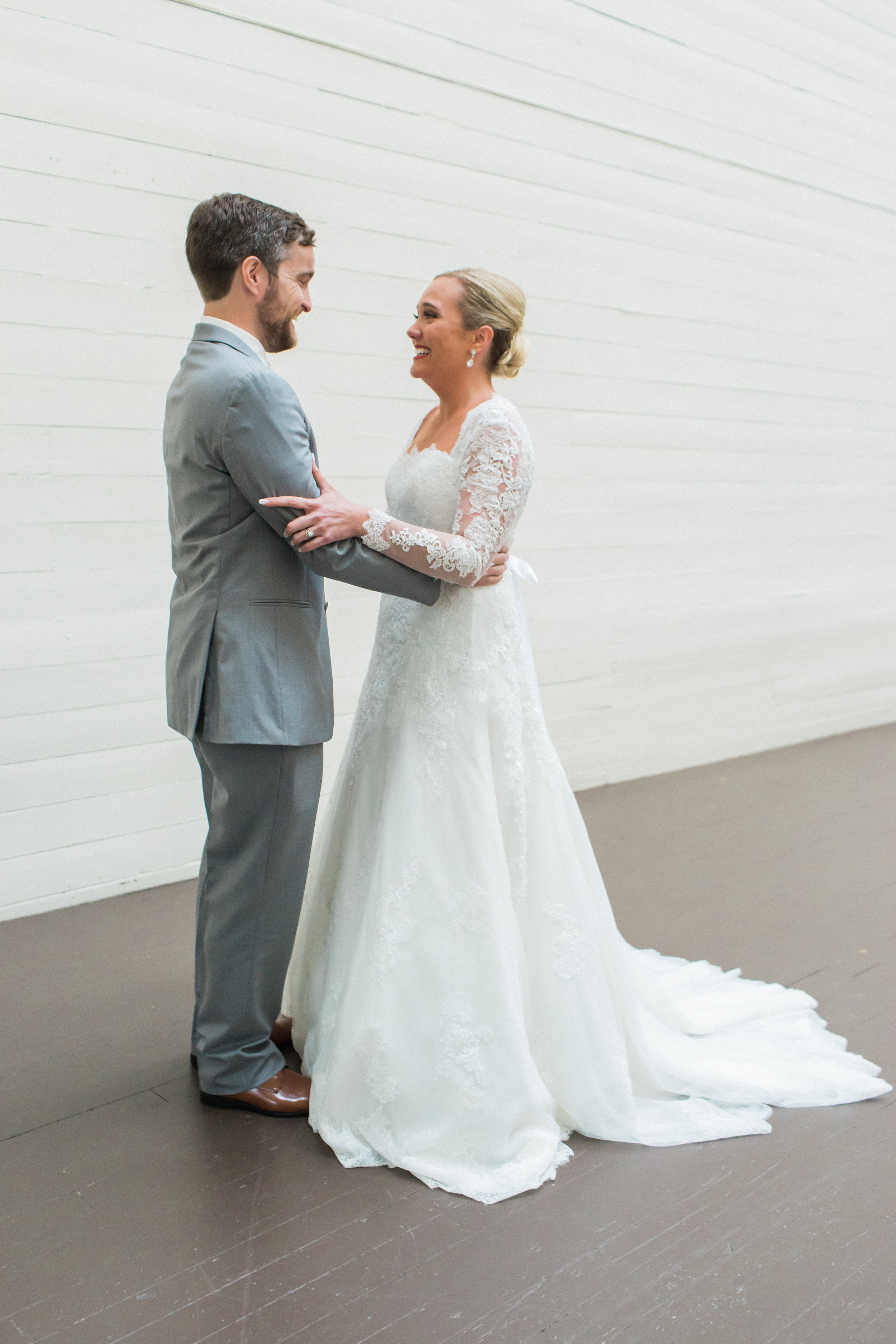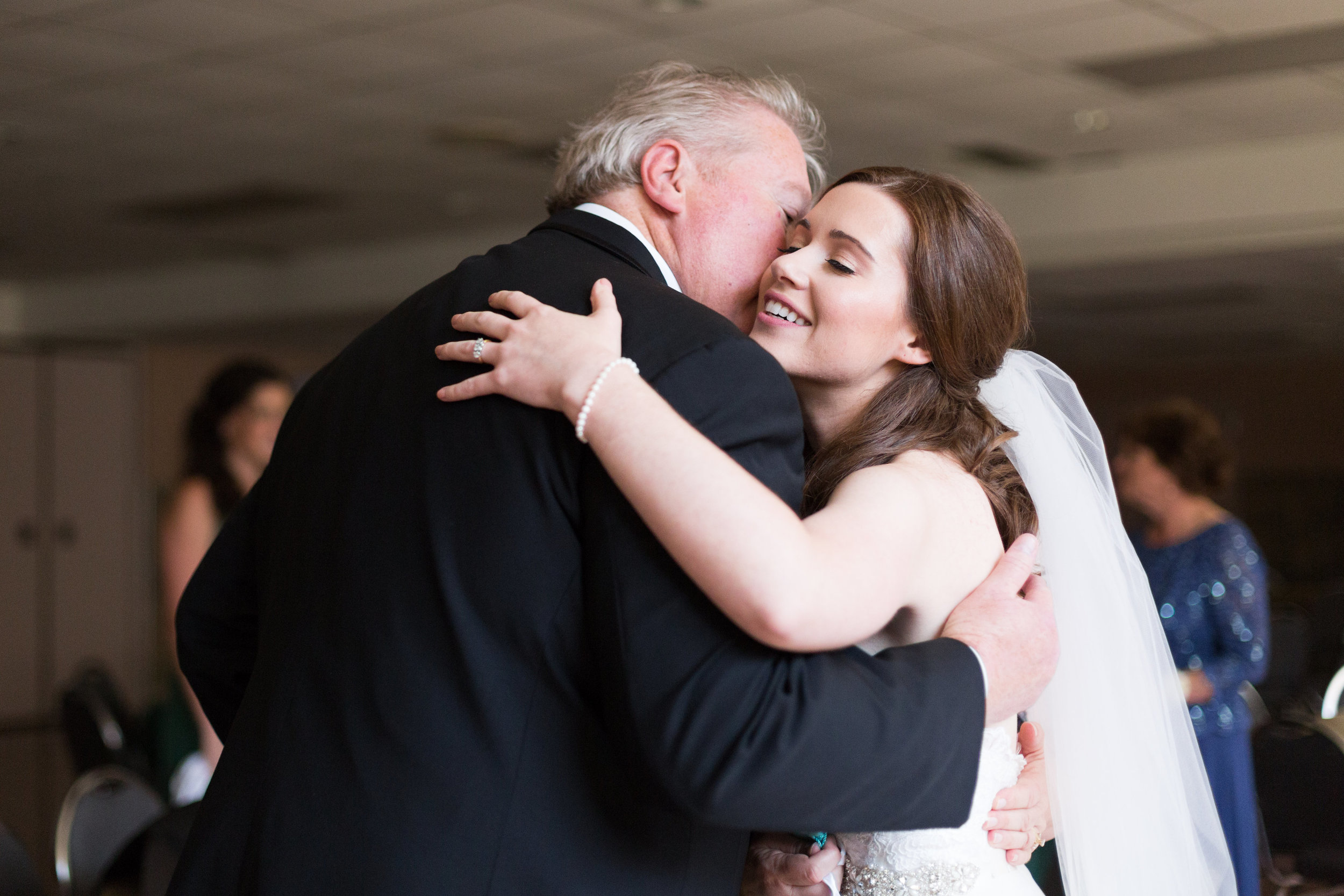6 Ways to Have a Spiritually Rich Wedding Rehearsal
/What are your rehearsal dinner plans?
Though the rehearsal evening is traditionally hosted by the groom’s family, you and your beloved can still take on a role--whether privately or with your wedding party and family members--in planning a spiritually rich evening, one rich in gratitude and anticipation.
Photography: Spoken Bride Vendor Evan Kristiansen Photography
Many brides say their actual wedding day passes in a blur, with little one-on-one time for quality conversation with each and every guest. In some ways, the rehearsal dinner is like a mini-reception: joy and celebration, with more freedom of time and leisure in an intimate setting with those you’re closest to. Here, to reflect that spirit of joy and closeness, our suggestions for a spiritually significant rehearsal.
Go to Mass with your fiancé the morning of.
With such an extensive list of last-minute details and events, time with your fiancé to simply be, to absorb the reality of the transformation about to take place, can be hard to come by. Taking a few hours for a final date as an engaged couple, to daily Mass and coffee, provides a welcome respite and strengthens you in the Eucharist.
Have your celebrant(s) hear confessions.
Entering into marriage with the clearest conscience and a heart as fully disposed to grace as possible is a great gift. Ask your priest(s) to hear you and your beloved’s confessions in the chapel at the conclusion of the rehearsal and, if time allows, invite your wedding party and families to receive the sacrament of reconciliation, as well.
Attend, or host, a holy hour.
Ask your celebrant to expose the Blessed Sacrament for Adoration following the rehearsal and before your meal--if you’re planning to provide confession, it can be held during this hour of reflection. Consider extending the invitation to all guests who are able to attend, and to inviting musically gifted friends to provide praise and worship or chant.
Share a personal piece of your faith.
When distributing gifts to your wedding party and family and/or assembling welcome bags, it’s beautiful to give your guests an insight into your spiritual life as a couple. Including a custom prayer card, saint medal and short bio, or a book that’s resonated in your relationship is a gift of faith, an expression of who you are, and an invitation to learn.
Looking for ideas? Start here:
Personalized holy cards | Gifts and artwork by Spoken Bride Vendors | Spiritual reading recommendations from our community
Ask for a blessing.
Have your priest pray and give a blessing over attendees at the end of the evening.
What if not everyone is on board?
As unifying as your wedding day is--on many levels--the pain of division can also arise in instances where your loved ones are not Catholic or not practicing the faith.
If you’ve attended or read about other weddings wherein the couple, their parents, and their siblings are all entirely present at pre-wedding prayer time and immersed in the Mass, fight the urge to compare your own situation.
In some families, the Lord works through many, and in others, through certain individuals--perhaps you and your fiancé, in this instance--whom he calls to witness to the fullness and beauty of the faith to loved ones.
If inviting others into your pre-wedding spiritual plans will cause tension, allow yourselves the freedom to experience them privately as a couple. That might mean staying alone in the chapel after the rehearsal for some moments of prayer--or even Adoration--praying a novena that ends on your wedding-day eve, or praying together in the car on your way to dinner. Know that no matter how “Catholic” your wedding appears on an invitation, the actions you choose and emotions that arise in your own hearts are what truly invite the Lord into your celebration.
Did you incorporate a spiritual element into your rehearsal? Share the practices that have deepened the final 24 hours before your walk up the aisle in the comments and on our social media.
Here, read our tips for making the most of the moments immediately before your wedding Mass.


















































